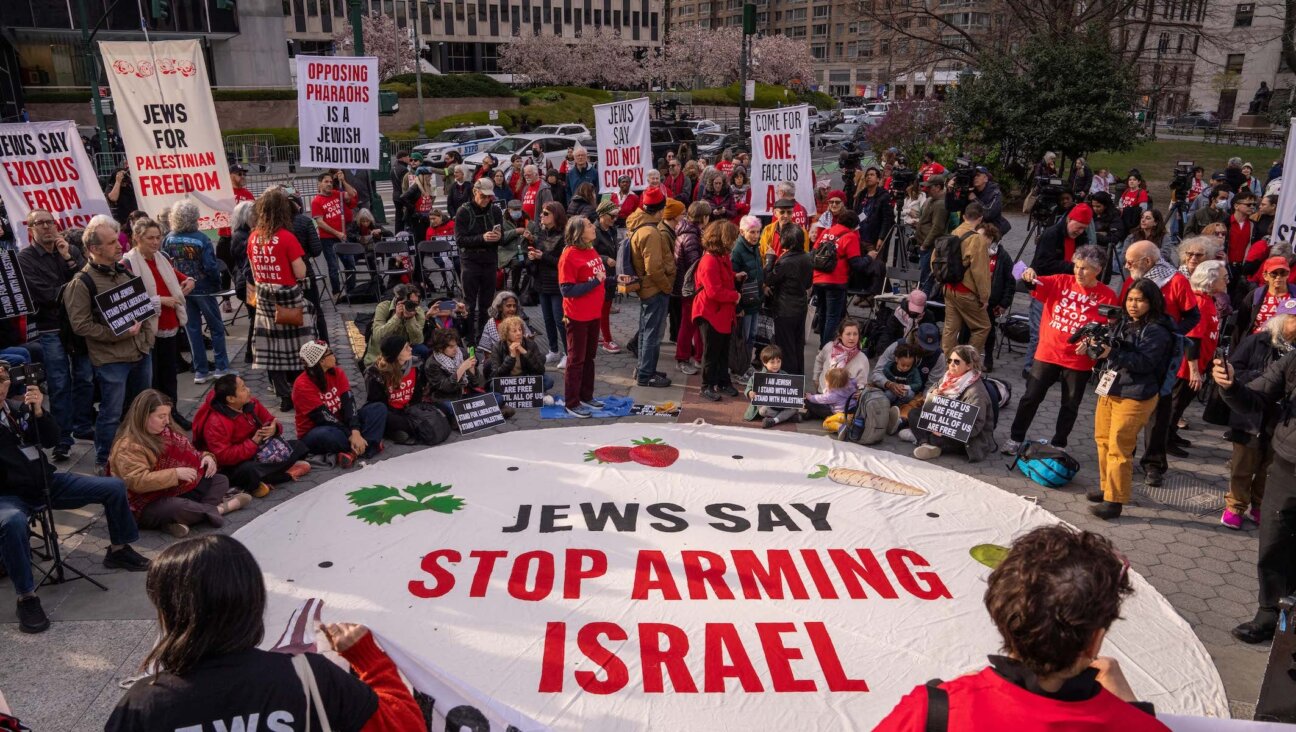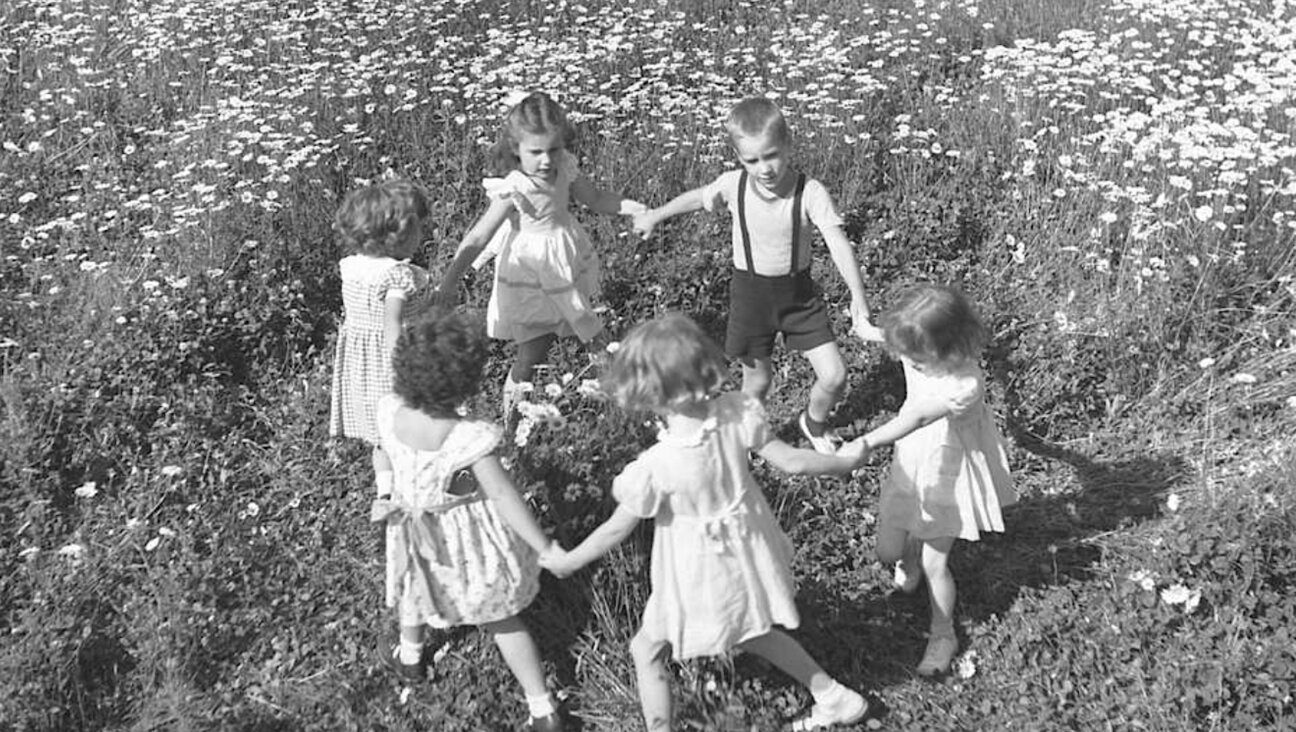Remembering Belda Lindenbaum

Graphic by Angelie Zaslavsky
In the 48 hours since I heard of the passing of Belda Lindenbaum — pioneer of Orthodox feminism and of advanced Torah study for women — my Facebook feed has filled with tributes to her, and I can’t stop reading and re-reading them. Each poster — many of them alumnae of schools guided by Belda’s vision and support, such as Midreshet Lindenbaum, Drisha Institute for Jewish Education, and Yeshivat Maharat — chose his or her own way to express Belda’s far-reaching impact but a few sentiments seem unanimous. We can’t imagine what our Jewish communities or our personal life paths would look like were it not for Belda’s leadership. And Belda’s generosity of character was as meaningful to us as her material generosity.
I had not seen Belda in a number of years. I knew her through my involvement in four of her beloved New York institutions: I was a student at Drisha Institute of Jewish Education, a teacher at Ramaz School, a lay leader at Darkhei Noam (the Upper West Side partnership minyan), and a volunteer at the Jewish Orthodox Feminist Alliance. I hesitated to write this piece, thinking it might be more appropriate to defer to someone who knew her better than I did, but then I remembered that Belda didn’t want women to be afraid to take up space. She wanted us to share our Torah with confidence, knowing that our ideas matter.
I am part of the first generation of Modern Orthodox women for whom opportunities for advanced Torah study have always been available. Those innovations exist in significant part because of Belda’s vision and support, along with her extended family’s. Although it would have been easy for my peers and me to forget just how new these opportunities were, because they seemed so natural to us, Belda didn’t let us forget. She never reminded us through condescension; it was never a guilt trip, and never began with “when I was your age.” Belda reminded us that she was a pioneer by radiating uninhibited joy and wonder when she saw women learning or teaching Torah.
For several summers, I was a guest at the pool party Belda and her husband Marcel hosted for the students and faculty of the Drisha Summer High School Program. The twenty or so girls who participated in the program each year were excited to be the Lindenbaums’ guests, and Belda seemed equally honored to have a house full of teenagers who had chosen to devote their summers to intensive Torah study. I once overheard a poolside conversation between a 15-year-old student and Belda. The student – obviously aware of Belda’s impact – asked “What motivated you to get involved in women’s learning?”. Belda answered the question, then asked the student “and what motivated YOU to get involved in women’s learning?” They were equals, and their stories were equally important.
Young women earned Belda as a fan as soon as they showed that they loved to learn Torah. I was awed by her wisdom and influence, but I never felt the need to prove myself to her. I knew that just being a student at Drisha meant that I had Belda as my cheerleader. And during the years when I was uncertain where my studies would lead me, this knowledge was a source of much comfort. When I found my path as a day school teacher, I taught Belda’s grandchildren. I usually find it intimidating to teach the offspring of my teachers, but not in this case; I knew Belda believed I was up to the task. Earlier today, I got a message from a friend of mine, a male rabbi, saying how much he appreciated the kind words Belda always offered in response to his writing. I was briefly surprised by his message, then I had to smile as I realized – oh yeah, Belda was a cheerleader to men who study Torah too, not just women.
Belda left us with a model of what it means for women to lead women. Belda was rooting for me, and for all of us. She loved us and found joy in our successes. There was no need to compete, because the more learned women are out there teaching Torah, the better. And now that we have lost our greatest cheerleader, it is our job to fill that gap by continuing to root for each other.
















